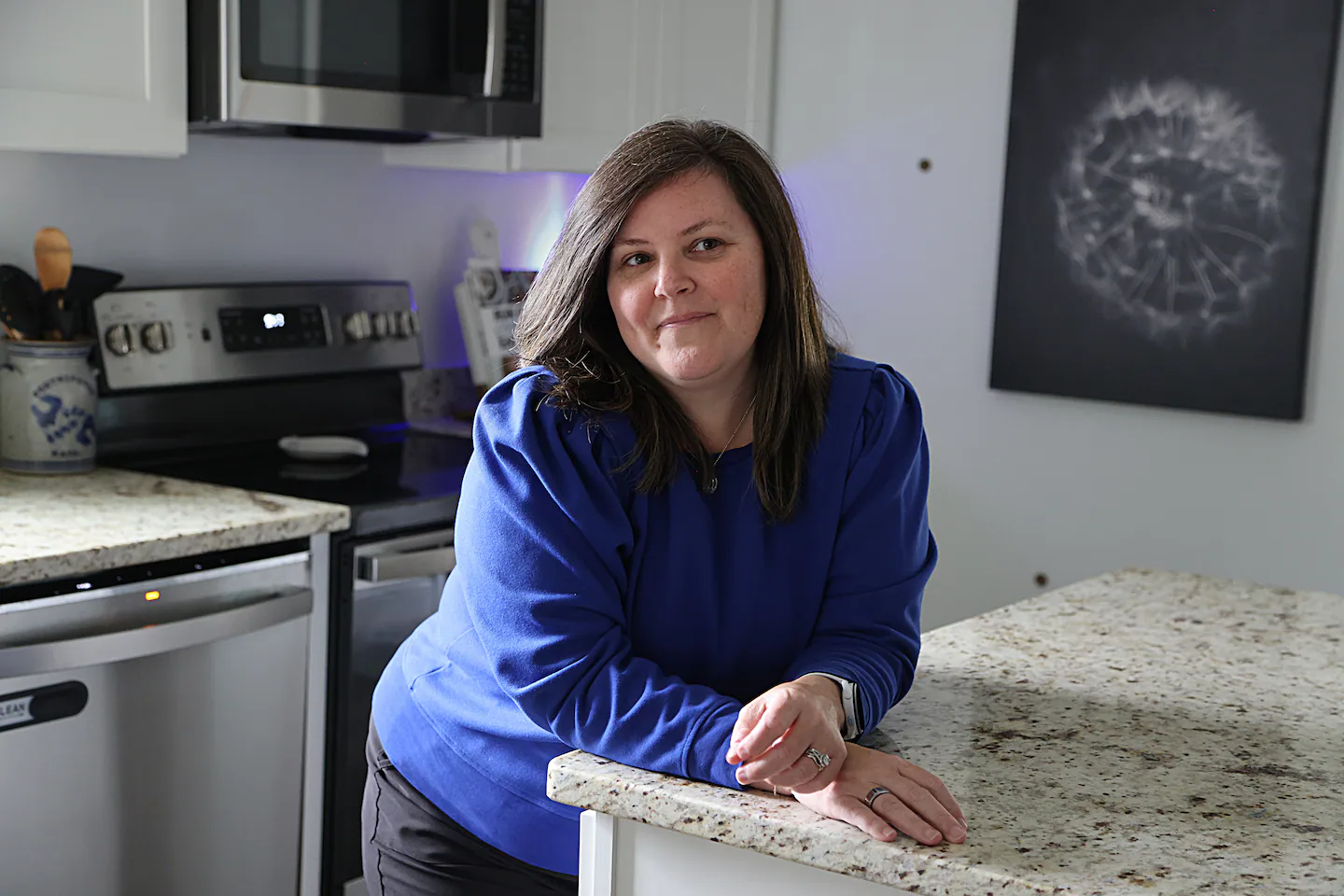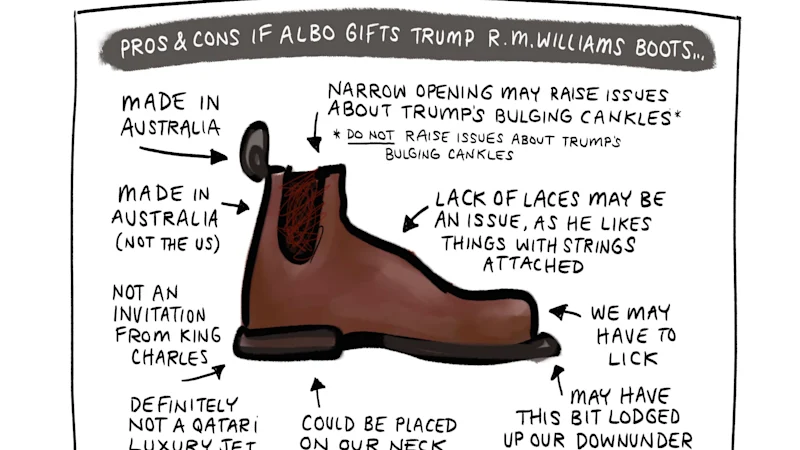Copyright The Boston Globe

Perhaps no one knows better than Elizabeth Carr, the first American baby born from in vitro fertilization, how fragile and fickle access to reproductive technology can be. She is a lifelong resident of Massachusetts, a state widely perceived to have some of the most progressive in vitro fertilization laws in the country. But the very technology that gave her life had uncertain legal status in Massachusetts when she was born. This dichotomy persisted for decades, with scientists in Massachusetts performing landmark research in reproductive technology even as the state’s religious and political establishment looked on in dismay. Nearly a century ago, a Harvard scientist first fertilized rabbit eggs in a dish and implanted them in an unrelated female that then gave birth to a litter of six healthy bunnies. That work came under so much scrutiny that Harvard let the researcher’s appointment lapse. Later, scientists in Massachusetts said they successfully fertilized the first human egg in a dish, and again faced criticism that researchers were playing God. Advertisement In 1973, the Supreme Court codified the right to abortion, invalidating the strict bans imposed by Massachusetts and many other states. The state’s voters, dominated by Roman Catholics, and their powerful political allies soon found a new target for their ire: the city’s medical institutions. Massachusetts politicians went so far as to propose a near ban on fetal research. After protests from a slew of scientists, including Nobel winners, the state settled on a compromise, limiting the types of fetal research. But even as that law was being created, several doctors and researchers working in the field locally were prosecuted. And while the Massachusetts law restricting experimentation wasn’t aimed at in vitro fertilization, its definition of a fetus included embryos and had a chilling effect on research. Advertisement By the early 1980s, Judith and Roger Carr had run out of options, and Massachusetts wasn’t offering solutions. Judith had experienced three ectopic pregnancies, non-viable pregnancies that can threaten the life of the mother. The third time, she nearly died, and doctors removed her last fallopian tube. That meant Judith would never conceive children in the traditional manner. But a follow-up appointment offered a glimmer of hope. In England, doctors had, for the first time, successfully fertilized a woman’s egg outside of her body and transferred it back into her uterus. The world’s first baby conceived through in vitro fertilization, Louise Brown, was born on July 25, 1978. Doctors handed Judith a one-page handout about a similar IVF program started by a doctor and his wife in Virginia. Weeks later, the Carrs were headed there. While the cost of the procedure was partially covered by the hospital pioneering it, it was still expensive and cumbersome. Every blood draw, hormone injection, and monitoring appointment was done in the hospital, necessitating many trips to Virginia. Judith was a teacher, Roger an engineer. Roger used to joke that undertaking IVF was like buying a brand-new Ferrari every year for five years. There was no such thing as freezing eggs back then. Though two eggs were retrieved, only one embryo was transferred into Judith’s uterus. The couple continued their trips to Virginia until doctors suggested Judith was too far along to fly. But Judith and Roger did not want to give birth in Massachusetts, which hadn’t allowed them to make this baby. For the last month of Judith’s pregnancy, they rented a condo in Virginia Beach. Elizabeth Carr was born on Dec. 28, 1981. Three days later, she traveled home to Massachusetts in a blizzard. Eighteen months later, the Suffolk County district attorney rendered an opinion that said physicians performing IVF wouldn’t be prosecuted. The first Massachusetts IVF baby was born in July 1984. Advertisement More than four decades later, Carr sees layers of irony. While it was Virginia that permitted the clinic that led to her birth, Virginia still hasn’t passed a mandate requiring insurers to cover IVF. And yet Massachusetts, once a religious-minded battleground over fetal research, went on to pass what was then the nation’s most expansive IVF mandate in 1987. Carr thinks often about how the fight for reproductive progress never really ends. “I always say this when they say Massachusetts is so progressive,” she said. “I’m like ‘Yeah, right now.’ I don’t think people understand that that could change if we let our foot off the gas.” Carr, a patient advocate and public relations expert for the genetic testing company Genomic Prediction, had previously worked as a journalist, including for the Globe. From her vantage point, the fight over IVF isn’t over. When Carr was a baby, the pope decried her birth as unnatural. Today, advocates are fighting to keep fertility clinics alive in states riven by debates over when life begins. She is optimistic that Massachusetts is headed in the right direction, even as the fight for reproductive access continues in other parts of the country. “We’re on the right track,” she said. “I think we will get there. We will get to the place I would love us to be. And I think we can be a leader for other states. It just takes a lot longer than any of us would like.” Jessica Bartlett can be reached at jessica.bartlett@globe.com. Follow her @ByJessBartlett.



